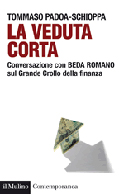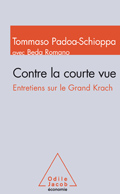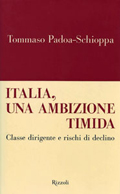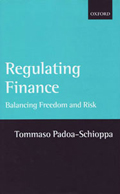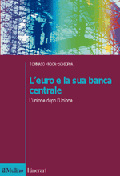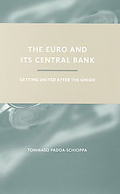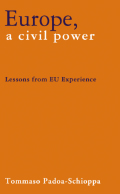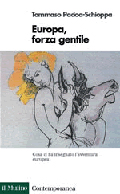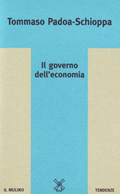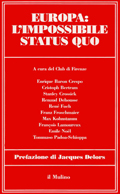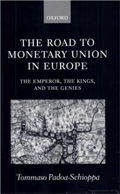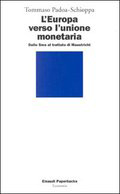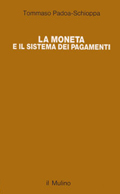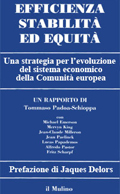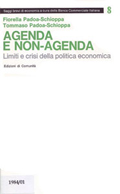
Special Report: European Rescue
Part 1: Massive Rescue, Again
In this article explaining the composition of the 750 billion euro rescue package and its effect, a part is dedicated to pointing out the phenomenon that some European leaders have used strong language by describing a “global organized attack” against euro. It seems that the governments have put the market, instead of fiscal and economic problems, as the enemy to combat with. As a comment on the phenomenon, Prof. Tommaso Padoa-Schioppa was quoted in the end: “it is true
that the market exerts enormous influence, but it is also true that when the governmental response is coming, markets go back to the more limited role. So I don’t think the right response is to blame the market; the right response is to counteract the influence of the market with appropriate policies.”
Part 2: European Union at Crossroad
This report reviews the political difficulties facing European countries, in particular Germany, when it comes to the decision of financial rescue for other countries. In stressing the importance of Germany in ensuring the advance
of the European Project, Prof. Tommaso Padoa-Schioppa was quoted: “Germany is essential.” He said, as distinguished from the UK, which “has a foot in Europe and the other foot outside Europe”. “I believe Germany will learn a lesson from this time, and it is likely to learn that we need a tighter union, we need more common action to fight the crisis.”
Later in writing about the European
Commission’s recommendation for Estonia to enter eurozone in 2011, the report tried to answer the question of whether euro is still attractive for new entrant countries such as Poland, two Polish scholars were quoted to show that euro is still a goal for their country although the goal is postponed. A further question was raised concerning the fundamental issue of whether the Monetary Union will still be possible without a united fiscal authority. Prof. Tommaso Padoa-Schioppa was quoted saying: “I have always believed that the single currency
is only one step in a long process which will lead to a European political union.” “The fact that the European Monetary Union has been doing quite well in the last ten years, despite a number of shocks, the oil shock, the hi-tech bubble shock, etc, has proved that it is possible to move forward the single currency before we have all the other necessary things in place.”




